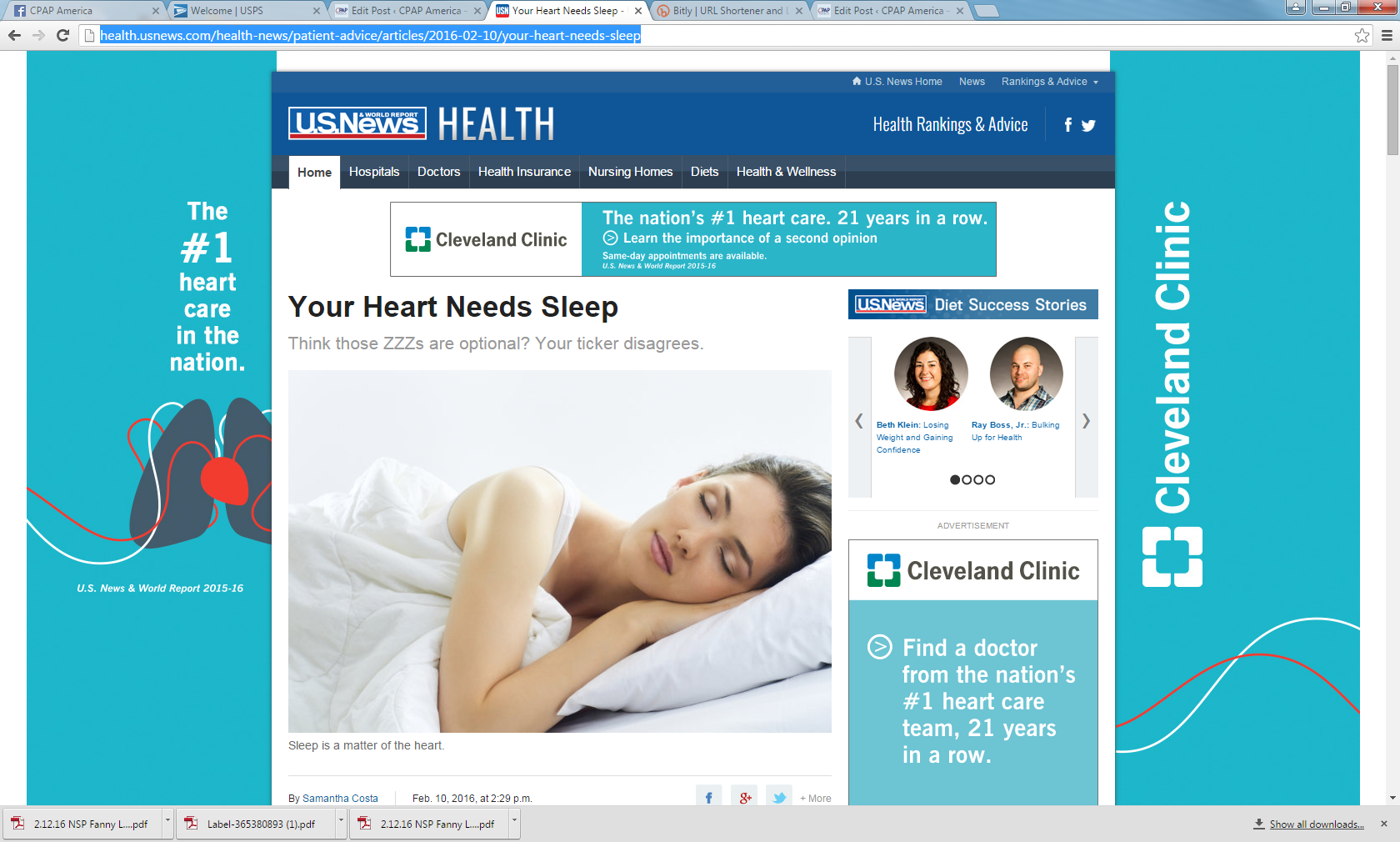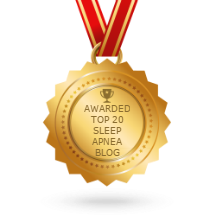
Can’t sleep when flying? These tips should help
Sleep issues when flying
The Mistral is a ferocious and loud wind that, when it blows incessantly for weeks, drives people mad in Provence. There’s an old saying that a murder committed after a week of Mistral should be forgiven.
But what about the maddening sound of wind (and jet engine noise) that you experience when you fly, especially on a long overnight flight? It might not cause you to commit mayhem, but it affects you in ways you might not imagine, causing stress, fatigue and loss of sleep.
Did you not sleep on your last long flight? There are steps you can take to change that next time, everything from the plane you choose to fly on to what you do once you’re on board.
The reasons you can’t sleep well in flight are legion, and some of them are less obvious than others. As much as possible, you want to recreate the same environment that you experience when you sleep in your own bed. Not easy, but the closer you get, the better you’ll sleep. Here are 10 sleep-killers and how you can defeat them.

Does Your Heart Need Sleep? You Bet It Does
Heart Health Benefits From Good Sleep
If you find yourself hitting snooze more often than not, let the sound of that merciless alarm be a warning that you aren’t getting enough sleep. It’s not just about feeling rested – it’s a matter of the heart. Getting less sleep than recommended on a regular basis could spell future heart disease or even death.

Ways you can sleep better during and after menopause
Prioritizing and protecting sleep during menopause
According to a YouGov survey published this week, women are more likely to have trouble sleeping than men (46%, compared to 36% of adult males) – and more likely to suffer in silence too, rather than speak to their doctor about it.
Countless things can cause sleep difficulties. Many of them are external, such as an uncomfortable mattress, noisy environment and even the temperature of the room. However, experts are warning that sometimes medical conditions like sleep apnea (where breathing patterns are interrupted during sleep, causing snoring and pauses in breathing) might be involved too. So it can be important to discuss sleep problems with your GP.
For women, hormones can interfere with sleep patterns too, particularly as a result of fluctuations and changes linked with menopause.

12 steps to enjoy a good night’s sleep
Enjoy better sleep with these 12 steps
A few years ago, I carried out a large-scale survey examining the lifestyles of people who sleep well and wake up feeling refreshed. The results revealed that the secret of a great night’s sleep is surprisingly simple, and comes down to the following 12 techniques.

Mechanism could link sleep apnea to heart disease
A mechanism tying heart disease to sleep apnea?
It’s far from a silent killer.
For decades, obstructed sleep apnea—colloquially known as snoring—has been associated with heart disease, while its mechanism has remained a mystery.
But a new Columbia University Medical Center study published earlier this month in Science Translational Medicine suggests both a mechanism tying heart disease to sleep apnea and a potential treatment to reduce the risk of heart disease.

Medicare Policies vs Sleep Apnea Patients, Providers
Medicare Regulations causing a rift between Sleep Apnea patients & providers
With over 52 million enrolled beneficiaries, Medicare’s policies and practices influence a large percentage of America’s healthcare population (1). With some studies estimating that as many as 20 percent of the American adult population (with higher numbers in the older population) suffer from Obstructive Sleep Apnea (OSA), this means that Medicare’s policies affect many with this condition (2). Continue reading

Can Weekend Binge-Sleeping Help Avert Diabetes?
Can you stave off diabetes with sleep?
We previously reported on an Endocrine Society study that claimed binge-sleeping on the weekend isn’t enough to make up for lost sleep—that a loss of just 30 minutes each night can hurt your metabolism and promote weight gain and insulin resistance in the long run. But new research from the University of Chicago says otherwise.

Can ‘Junk Sleep’ Lead To Junk Food?
‘Junk Sleep’ = Junk Food?
It’s late. You’re tired. You’re hungry. You open up a bag of a snack food — let’s say, chips — and 20 minutes later, it’s empty. The whole bag is gone!
You may not be hungry anymore, but you’ve sabotaged your day, nutritionally speaking. The quantities of calories, salt and fats you’ve just consumed far exceed the daily recommended allowances (not counting what you had already eaten).
Going through these motions of mindlessly satisfying your late-day hunger with little or no dietary value is an all-too-familiar scenario for many of us. Repeating this over time could contribute to high blood pressure, clogged arteries and even obesity.
Why would you do such a thing? You knew it was unwise. You had a fulfilling breakfast, lunch and dinner. Why were you so hungry, and why did you reach for that greasy bag when the pantry and refrigerator were stocked with much healthier alternatives?
The answer to all of these questions could be, “junk sleep.”

Could Keratoconus be Linked to Sleep Apnea?
What exactly is Keratoconus?
A large new study reveals previously unknown risk factors associated with an eye condition that causes serious progressive nearsightedness at a relatively young age.

The Reality of Living With Sleep Apnea
“You need to get out,” she said. I could tell she was serious.
I always had a bit of a snoring problem, but in the five years we had been married, my wife had come to a breaking point. It was just too much. Not only was I snoring loudly enough to keep her awake, (she’s convinced the volume could have attracted extra-terrestrial intelligence), but I was – apparently – periodically gasping for air. Loudly. Desperately.
That isn’t normal.

